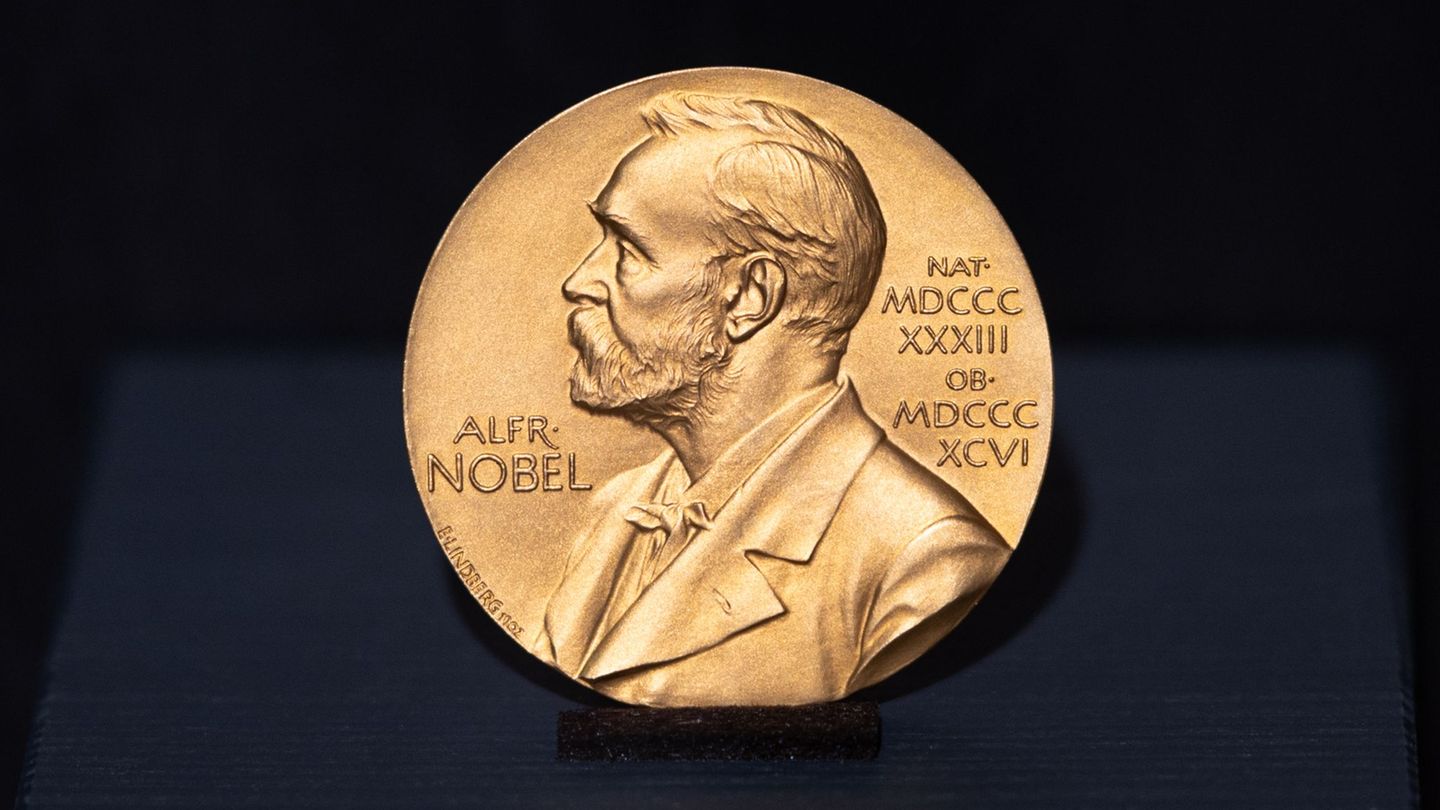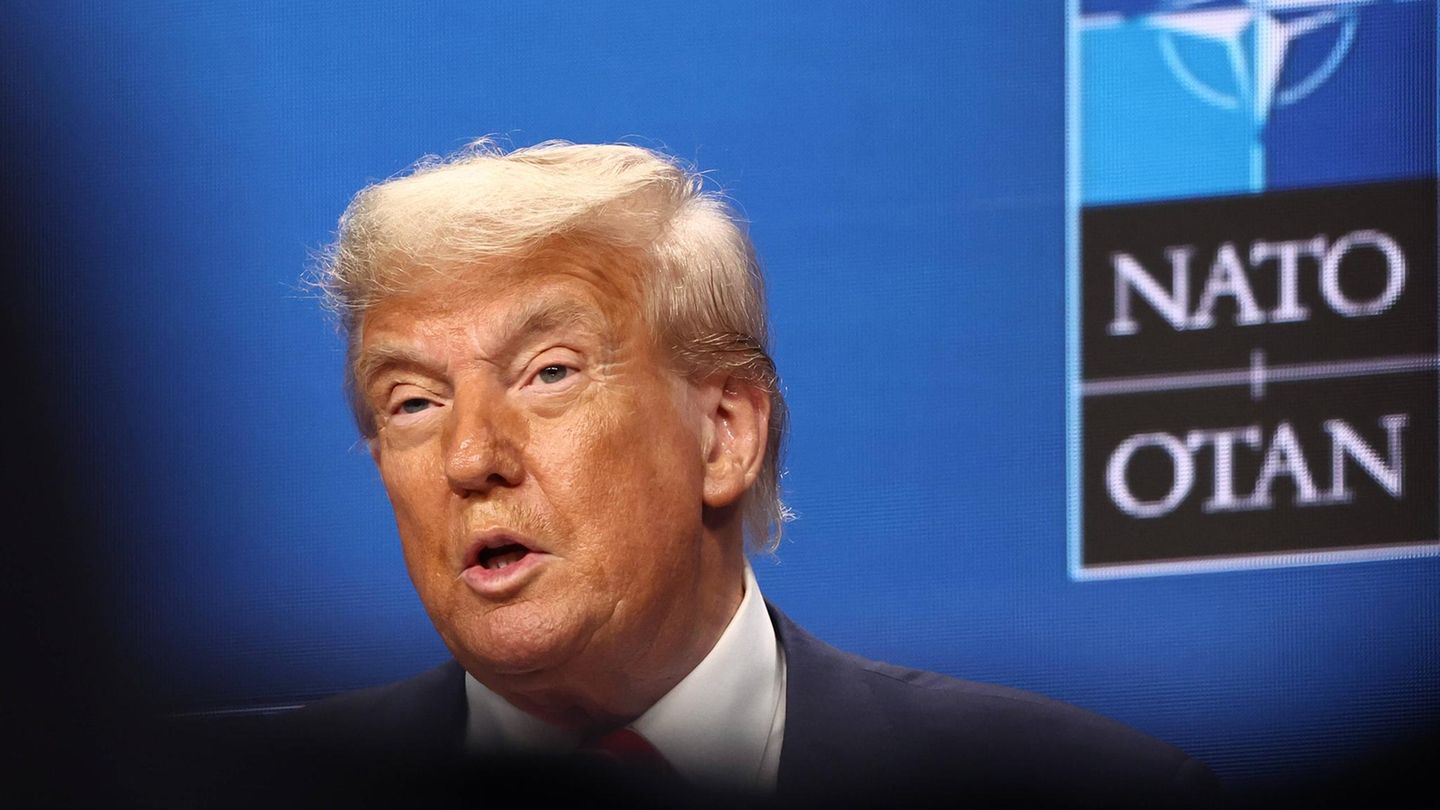I have been working in the news industry for over 6 years, first as a reporter and now as an editor. I have covered politics extensively, and my work has appeared in major newspapers and online news outlets around the world. In addition to my writing, I also contribute regularly to 24 Hours World.
Menu
Donald Trump promises alliance loyalty. The Germans don’t believe him
Categories
Most Read
“Turbo naturalization” abolished again – what now applies
October 8, 2025
No Comments
Corruption in Russia: High-ranking judge in Russia accused of pimping
October 8, 2025
No Comments
Pressure on Merz: Internal outburst of anger in the Chancellor’s party
October 8, 2025
No Comments
CSU and AfD: Fire in front of party offices – suspect caught
October 8, 2025
No Comments
Trump escalates: Texas National Guard appears in front of Chicago
October 8, 2025
No Comments
Latest Posts

What is Donald Trump’s 20-point plan to end the war like?
October 9, 2025
No Comments
October 8, 2025 – 22:42 The plan promoted by the American president seeks to close the conflict between Israel and Hamas and includes the release

Awards: Who will win the Nobel Prize in Literature?
October 9, 2025
No Comments
Lisa HarrisI am an author and journalist who has worked in the entertainment industry for over a decade. I currently work as a news editor

International Egg Day: variety of dishes with this food
October 9, 2025
No Comments
The menu also offers the Tacu Tacu Chalaco with marinated Milanese, egg, banana and pickled sauce, and the Tacu Tacu a lo Pobre, which combines
24 Hours Worlds is a comprehensive source of instant world current affairs, offering up-to-the-minute coverage of breaking news and events from around the globe. With a team of experienced journalists and experts on hand 24/7.

